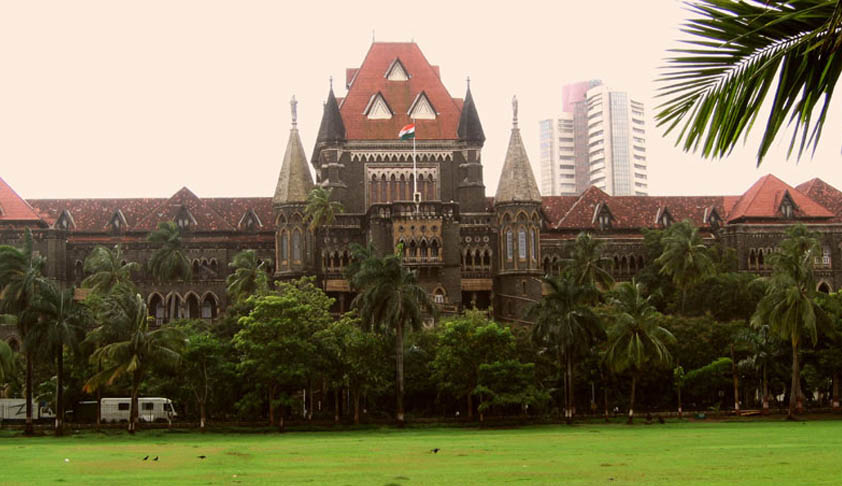Family Court must settle the issue of jurisdiction before deciding on divorce: Bombay HC
Apoorva Mandhani
21 July 2015 7:51 AM IST

Next Story
21 July 2015 7:51 AM IST
A Bombay High Court Bench at Nagpur, comprising Justice Vasanti A. Naik and Justice Prasanna B. Varale recently mulled over the question whether a couple having their native place in particular city or state file for divorce in family court situated in another city or state. The Court ruled that when such a question is raised, the family court must first address the issue of jurisdiction,...
